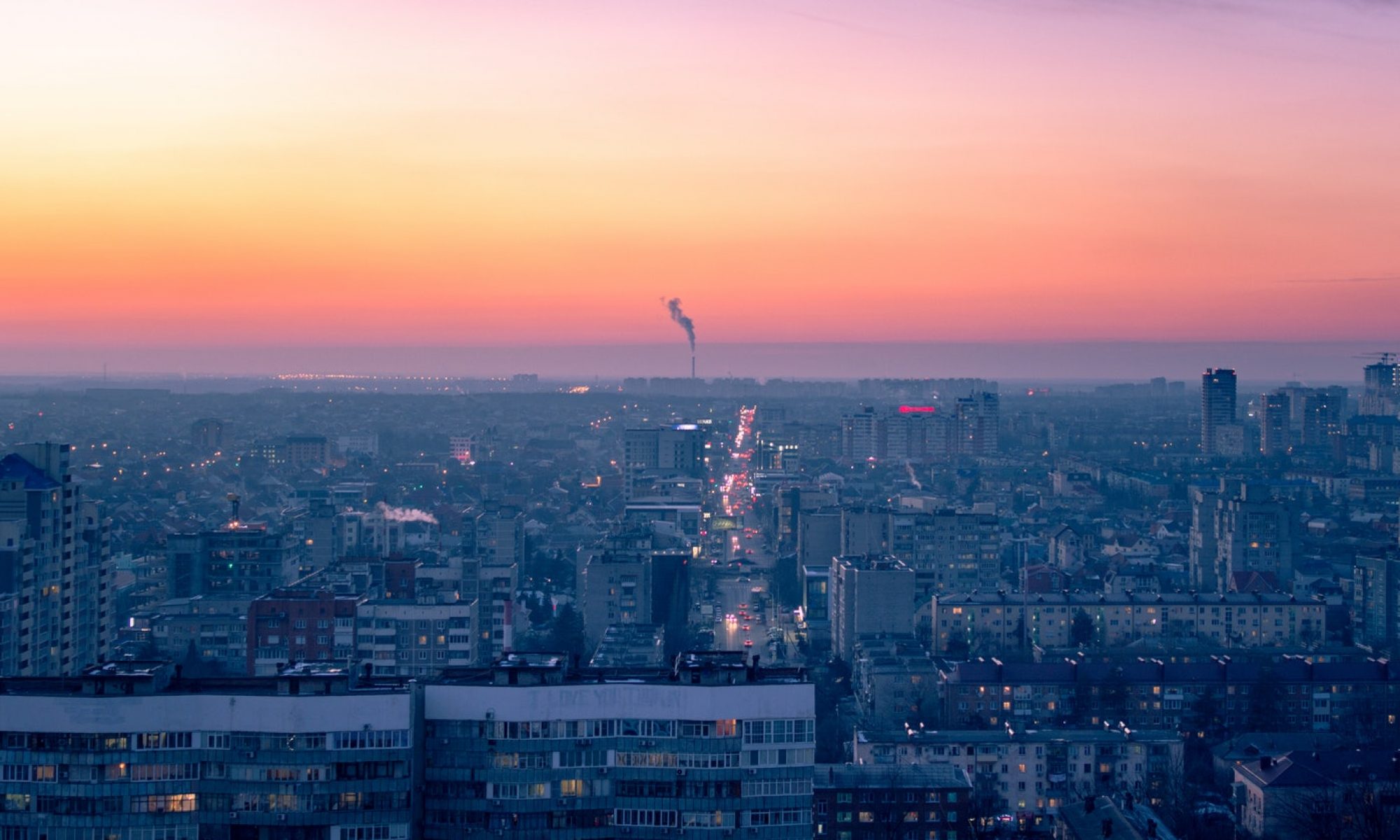Our doctoral candidates Hilma Salonen and Sohvi Kangasluoma wrote together an article titled “New energy trends in the Russian Arctic: Could Russia lead the way in becoming a climate leader?” for the Baltic Rim Economies journal.
As the global climate movement has expanded, as well as the effects of climate change have become more visible, it is becoming rather evident that no country can overlook the implications of climate change. Even as Russia’s focus in the National action plan focuses on the adaptation to climate change and prepares to reap the benefits of the opening Northern Sea Route, some observers point out that Russia continues to have all the potential (renewable energy resources, skilled workforce) to become a forerunner in action against climate change. Investing in decentralized, smaller-scale projects would not necessarily entail economic losses or less international prestige. This direction seems rather unlikely in the context of the current fossil fuel regime, and there is no reason for heedless optimism. However, it will be interesting to see how the objective to adapt to climate change without making radical changes in the current socio-economic system will hold in the future.
The article was published today and can be read online.
